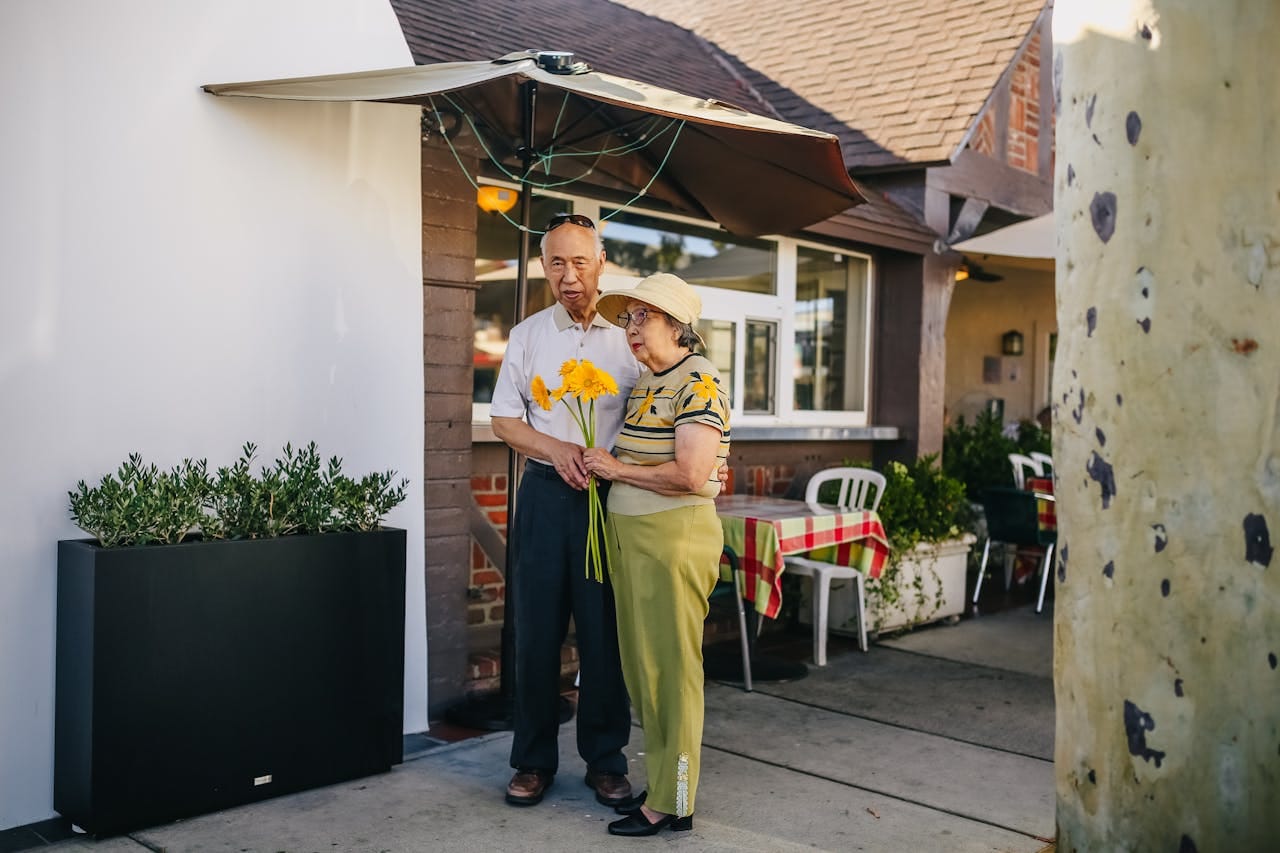Hidden Joys of Giving and Volunteerism Are Transforming the Lives of Singapore's Elderly
A SIGNS Study surveyed 2,887 Singapore's elderly - aged 60 and above - between 2016 and 2019, shows volunteering offers them alternative avenue of support

In the bustling city-state of Singapore, a heartwarming trend is emerging among its elderly population. A recent survey of nearly 3,000 seniors has revealed a compelling link between voluntary work and enhanced quality of life. The study, conducted by Duke-NUS Medical School and Nanyang Technological University (NTU), shines a light on the profound impact of volunteering on the well-being of older adults.
The research team discovered that seniors who engage in volunteer activities feel a stronger sense of support from their social networks, leading to a marked improvement in their overall quality of life.

"Older adults who volunteer regularly in a formal setting also feel more confident in their ability to direct their own lives and make an impact on others," explains Shannon Ang, assistant professor of sociology at NTU.
Data on Singapore's Elderly
Utilizing data from the Transitions in Health, Employment, Social Engagement, and Inter-Generational Transfers in Singapore (SIGNS) Study, which surveyed 2,887 Singaporeans aged 60 and above between 2016 and 2019, the findings were published in the esteemed Journal of Gerontology.
The researchers emphasize that volunteering offers an essential alternative avenue of support for older adults, beyond the traditional reliance on co-residing family members. This insight is particularly significant for Asian societies, where elderly people often depend on their families for financial and emotional support.
However, as wealthier Asian nations face shrinking populations and aging societies, the traditional family support structure is becoming less sustainable. Smaller family sizes mean that future generations of seniors may need to look beyond the immediate family for assistance, making the role of social networks and community support even more crucial.


